

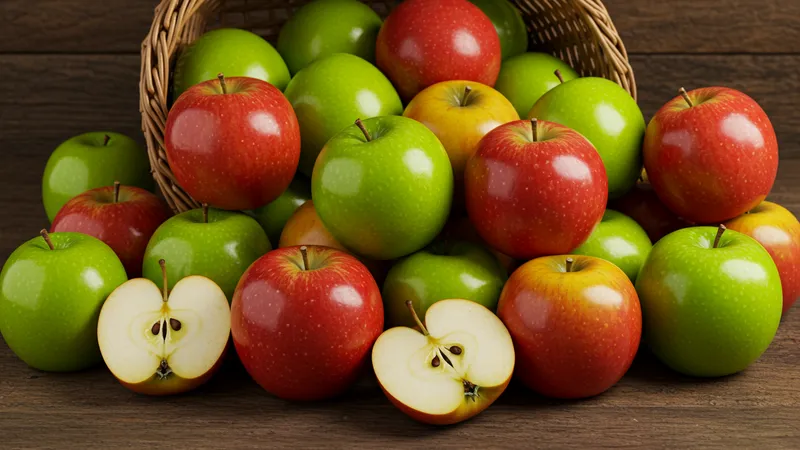
There are two simple ways you can lower the cholesterol level in your body. Your diet is one and simple method of preventing heart disease. Heart attack risk goes higher with bad levels of cholesterol. It's fatal to have the low-density lipoprotein (LDL) level of cholesterol as 100 and more. It's preferable to modify your lifestyle and reduce your LDL cholesterol level to 80 or below to a proper status. Based on research by UCLA medical professionals, it is easier to learn heart-healthy living skills by repeating them.

In our diets, trans fats cause the "bad" cholesterol to rise and the "good" cholesterol to fall (inhibit). Consuming large amounts of hydrogenated oils in your diet can cause a heart attack gradually. By consuming fewer cookies and trans-fat-based snacks, you can lower your risk of heart attack.
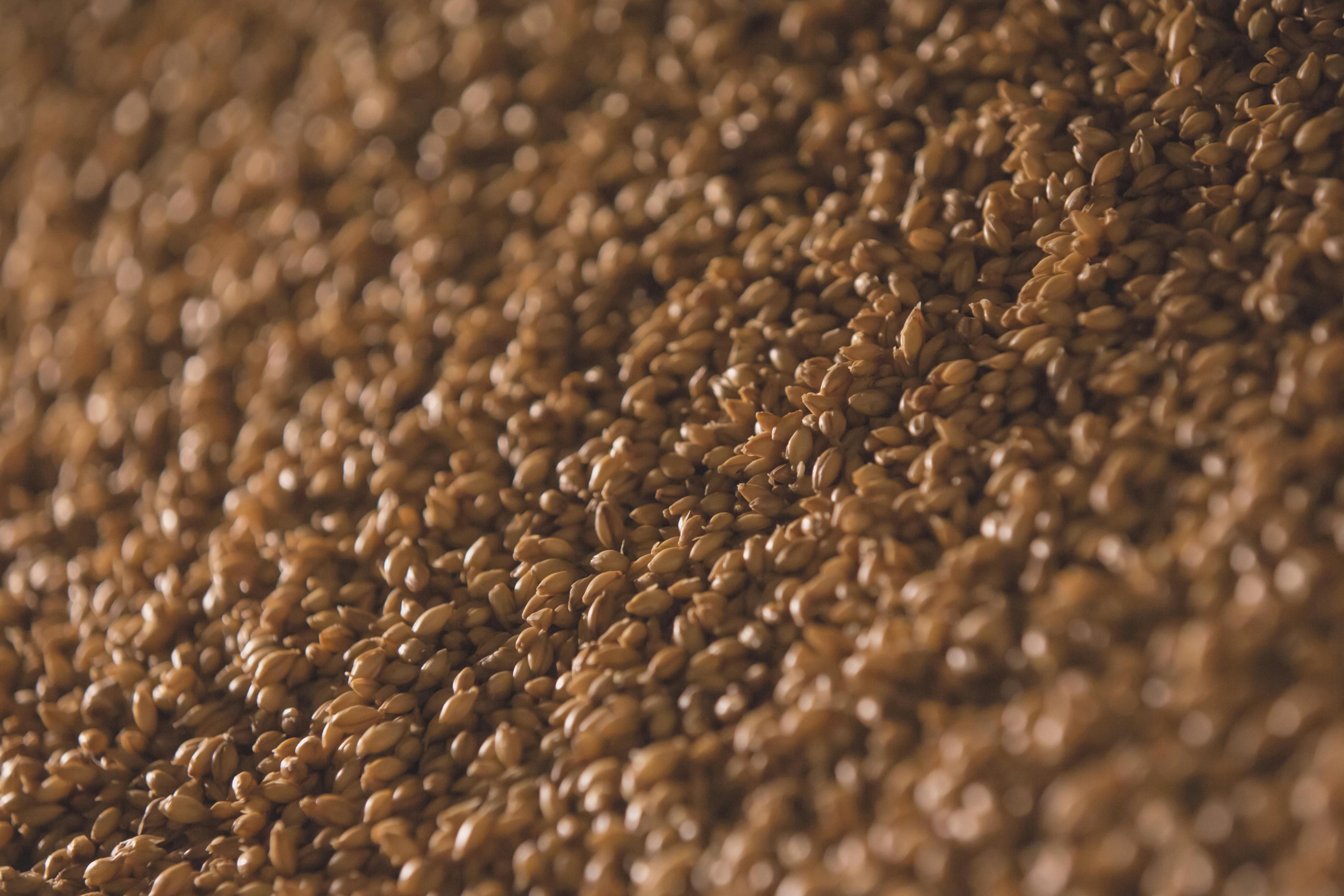
Consuming insoluble fiber can raise your LDL cholesterol levels. However, by including soluble fiber in your diet, you can reverse the high risk of heart attack. Without soluble fiber from vegetables, sweet potatoes, or oats, the morning meal is lacking.
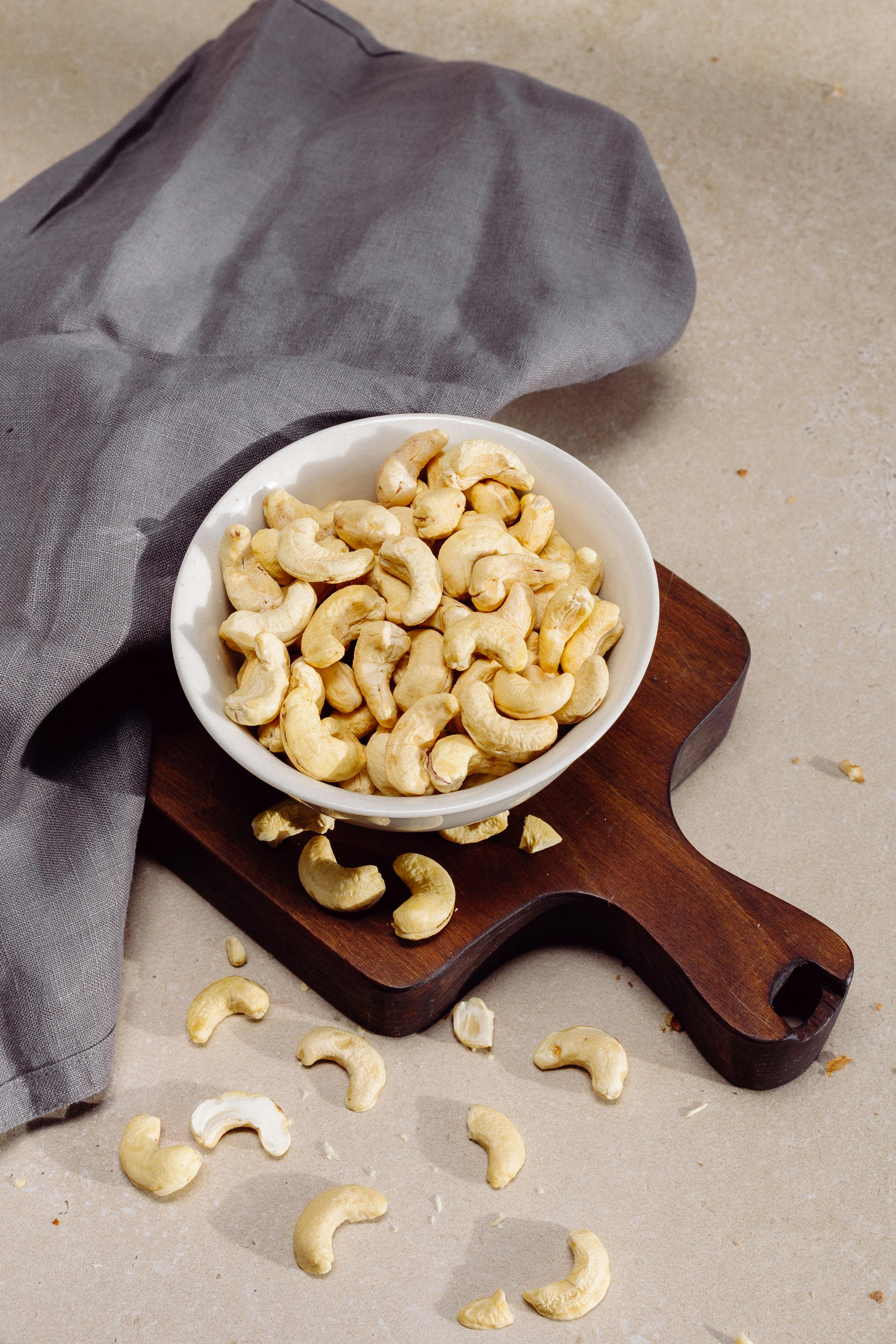
Use nuts to satisfy your cravings for snacks that contain unsaturated oils (more than 0.5 grams). Nut and seed diets, such as those containing almonds and walnuts, are heart-healthy. Because the sodium in salts can raise blood pressure, stay away from salted nuts and seeds.

Legumes are foods that build the building blocks of life because they contain protein and collagen. Plant foods high in protein are preferable to meat. Consuming legumes can lower your levels of fat and cholesterol. Legumes include things like lentils, beans, peas, and soybeans.

Fish oils contain omega-3 fatty acids, which can reduce non-HDL cholesterol. Omega-3 fatty acids can be found in abundance in trout, herring, mackerel, sardine, and salmon. They don't raise your risk of cardiovascular issues.

Whey proteins are free of fat and cholesterol. Whey protein consumption has heart-healthy advantages. Dairy products that contain whey protein powder reduce non-HDL cholesterol and help you maintain clear arteries.
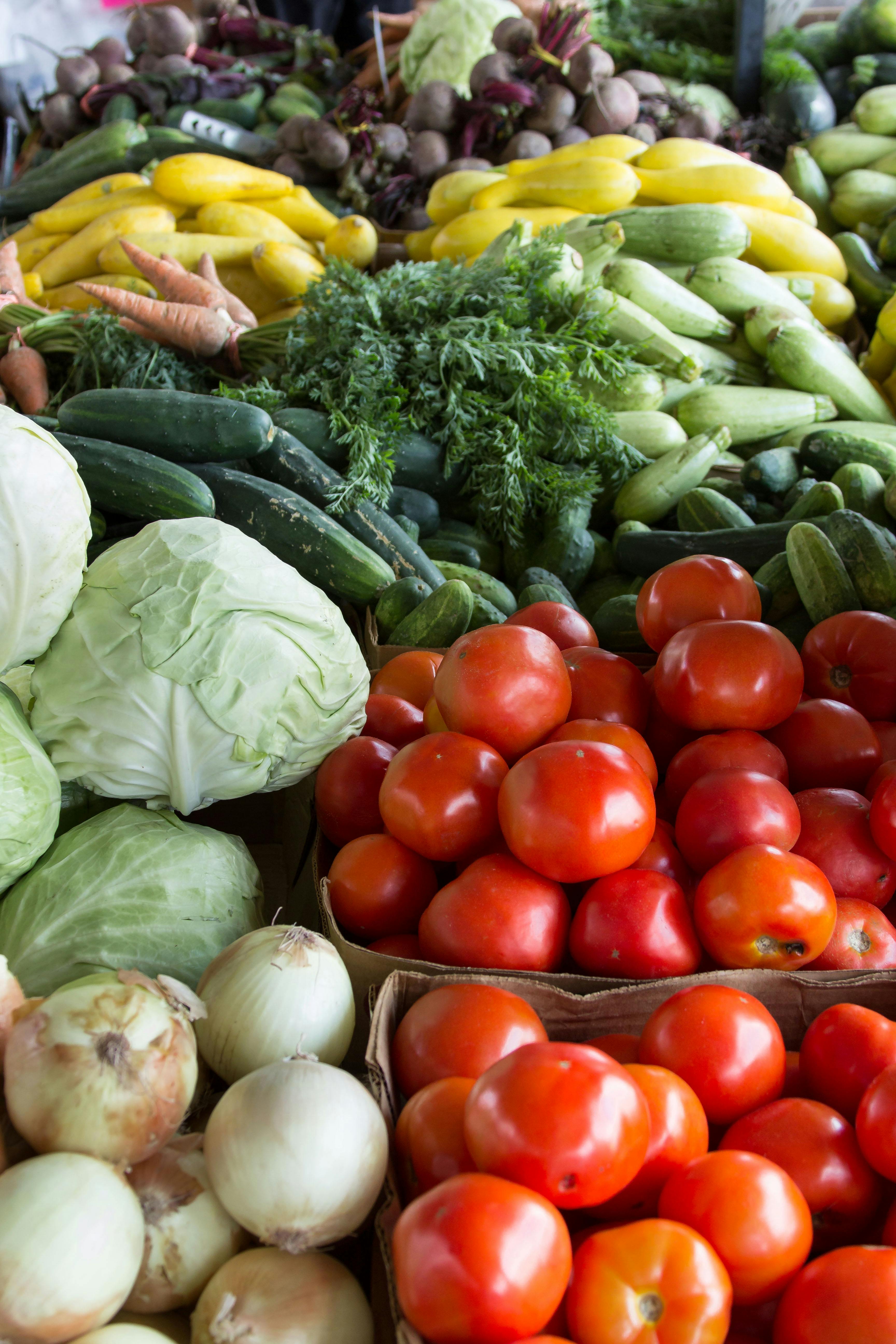
Many consumers find dark and leafy green vegetables to be a culinary delight. In addition to their high vitamin content and anti-inflammatory qualities, vegetables are heart-healthy. Leafy vegetables can be eaten with salads and carrots, or combined with unusual foods like barley and brown rice.

People can reduce their cholesterol and lose weight by eating more fruit. Eating a mixed fruit salad consisting of bananas, apples, and pears on a regular basis can help you maintain heart-healthy living. Lemon, tangerine, and grape juice will raise the "good" cholesterol while lowering the "bad" cholesterol.

Sterols can be used to make dietary supplements. Sterols are extracts from plants that occur naturally. LDL cholesterol levels can be decreased by taking supplements containing at least two grams of sterols per day. Dietary supplements are utilized by individuals undergoing weight management in order to maintain a heart-healthy lifestyle.
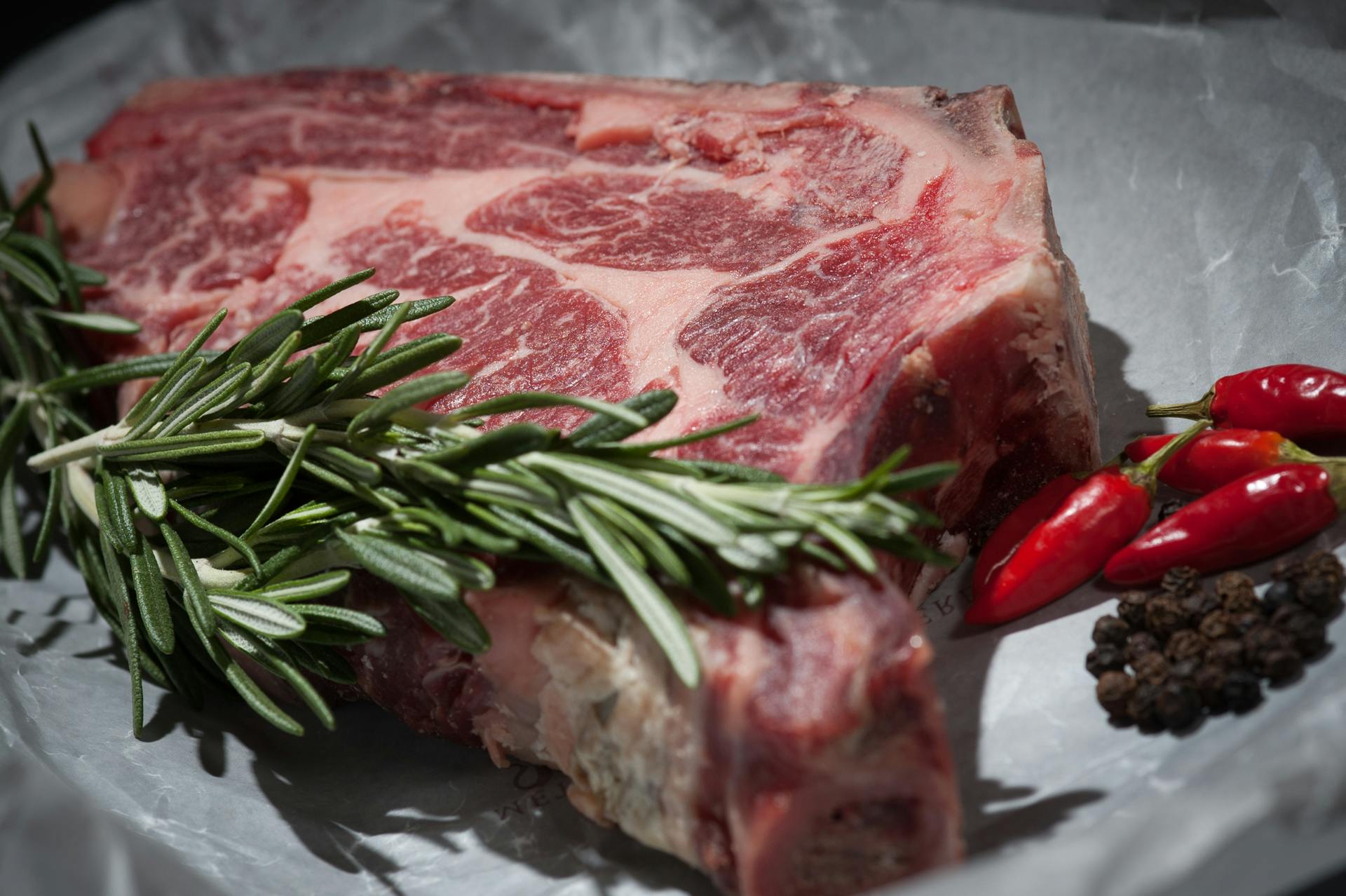
Animal organ meat should be avoided since it can clog our arteries with grease. Animal liver and kidney meat has a high calorific value. Making the switch to non-red meat is good for your heart.